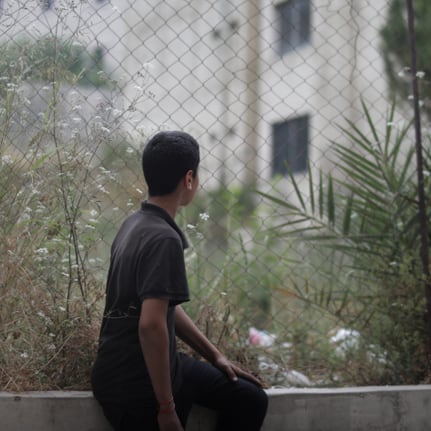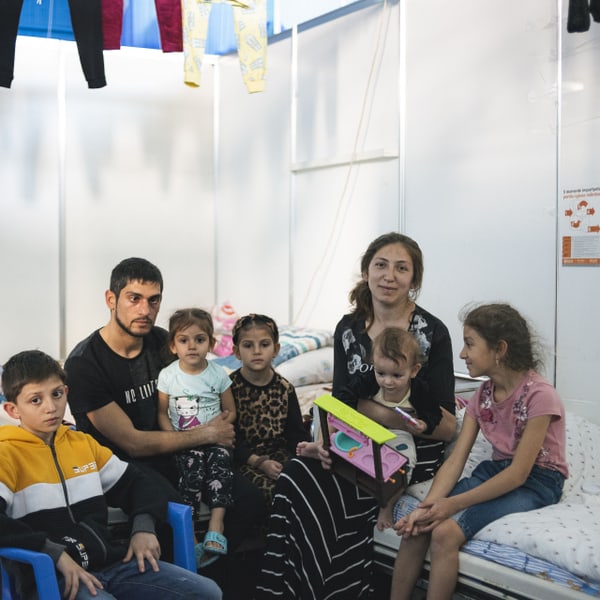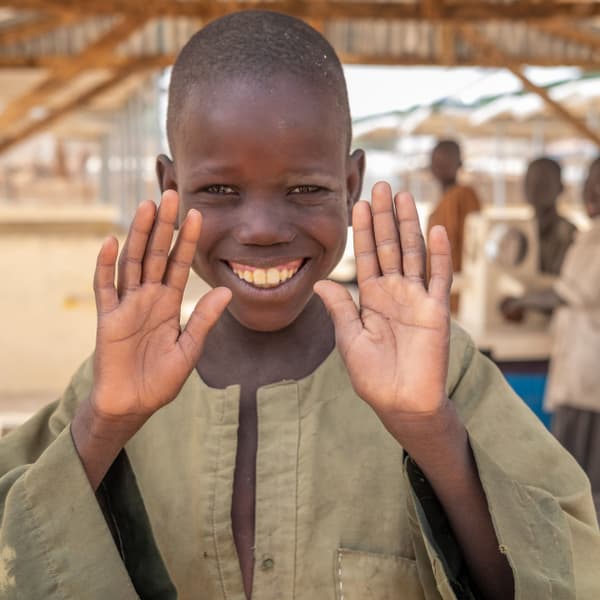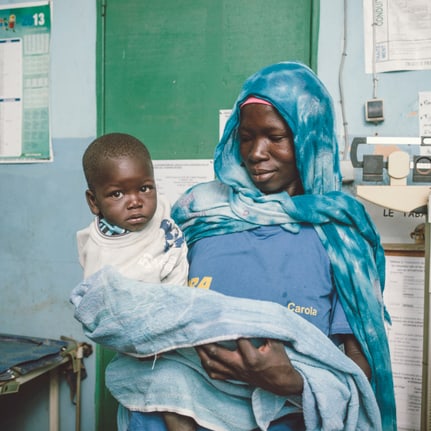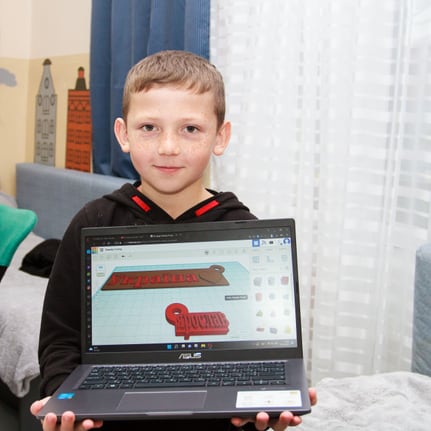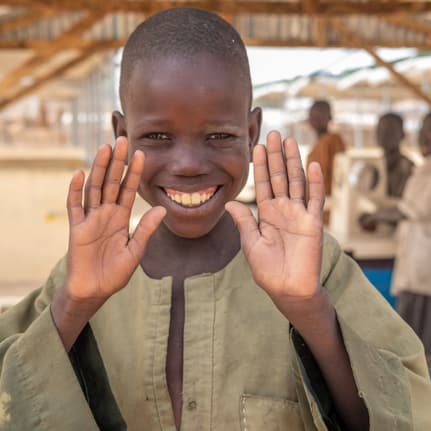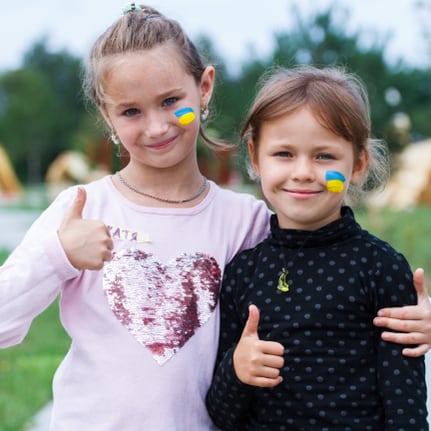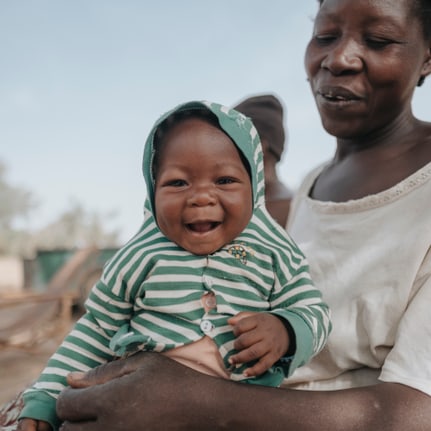Working together with children for a better future
Their names are Samjhana, Brian, Hasina, Hamidou, Versavia, Baba... Names that may not yet mean anything to you, but they speak volumes about the lives of millions of people around the world. Whole families and communities falling victim to natural disasters, armed conflict, forced migration, poverty, lack of basic hygiene facilities or malnutrition.
Newborns, children, teenagers, young adults, all living in countries with difficult living conditions, sometimes extremely so, in places where the most basic rights are respected little if at all.
Can you help change their lives, permanently?
At the heart of the matter
As the leading Swiss organisation for children's aid, we operate all over the world and work each and every day through three programmes focusing on issues surrounding health, migration and access to justice.
Our programmes are underpinned by three fields of expertise that help protect the lives, well-being and rights of children and young people worldwide:
Child protection concerns children and young people affected by troubling situations that require individual psychosocial treatment to improve their well-being.
Access to decent quality water, sanitation and hygiene (WaSH) aims to enable children and their families to enjoy their right to water, being one of the basic components in an adequate standard of living.
Information and communication technologies for development (ICT4D) enable us to develop solutions to support more children and members of their communities and become more effective in a constantly changing world.
Our impact in 2022
7.1 million
children and members of their communities in 30 countries were supported both directly and through trained people
30+ innovative projects
were implemented in 15 countries
46,400 people
were trained worldwide in subjects such as health and protection
Working worldwide
Working alongside international institutions and bodies, as well as many local stakeholders, Terre des hommes is active in more than 30 countries spread across five regions worldwide.
“Let’s make this a country where it is good to be a child.” This has been the wish we have held dear for all countries since the Foundation was formed in 1960, but a wish that has to be contrasted with the harsh reality of the world around us.
An overview of the regions where we focus our efforts to defend, listen to, protect and care for children and young people of all ages, with the aim of letting their voices be heard, and protecting their rights.




